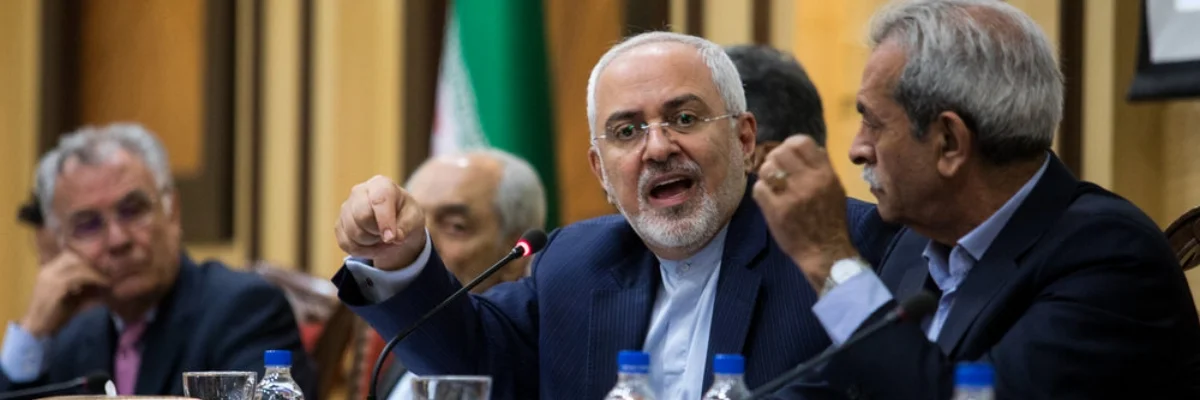UN's Top Court to Hear Iran Row with US Over Frozen Assets
The UN's top court will in October hear a complex case brought by Iran against the United States seeking to recover billions in frozen assets, which US courts say should go to American victims of terror attacks.
The International Court of Justice (ICJ) said in a statement Friday it will "hold public hearings in the case concerning Certain Iranian Assets (Islamic Republic of Iran v. United States of America), from Monday 8 to Friday 12 October 2018" at its seat in The Hague.
The hearings "will be devoted to preliminary objections raised by the United States," the statement added, after which judges will decide whether or not they can rule in the dispute.
The case was lodged by Tehran in June 2016 accusing the US of breaking a decades-old bilateral treaty, dating from the time of the Shah, by seizing Iranian financial assets and those of Iranian companies.
US courts have "awarded total damages of over USD 56 billion ... against Iran in respect of its alleged involvement in various terrorist acts mainly outside the US," Iran said.
The case was filed just weeks after the US Supreme Court ruled in April 2016 that USD 2 billion in frozen Iranian assets should be paid to about 1,000 survivors and relatives of those killed in attacks blamed on the Islamic
republic.
These included the 1983 bombing of a US Marine barracks in Beirut and the 1996 Khobar Towers bombing in Saudi Arabia.
But Tehran reacted angrily to the ruling which came almost a year after the landmark nuclear deal with world powers which led to the unblocking of other frozen funds.
To the dismay of the other world powers, US President Donald Trump has since walked away from the nuclear deal, and the United States in 2017 raised objections to the court's hearing of the case.
The four days of public audiences are expected to focus on whether the ICJ judges can take up the case under the strict rules governing their procedures.
Set up in 1946, the ICJ rules in disputes between states on the basis of existing treaties and international law.
Iran argues that the US is breaking the terms of the 1955 Treaty of Amity signed with the then regime of the Shah long before he was ousted in the 1979 Islamic Revolution. The treaty governs economic ties and consular rights.
But the US severed bilateral diplomatic ties with Iran in 1979 after 52 Americans were taken hostage in the US embassy in Tehran. They have not yet been fully restored.
Iran meanwhile is also demanding that the United States "make full reparations to Iran for the violation of its international legal obligations in an amount to be determined by the court at a subsequent stage of the proceedings."
Photo Credit: UN




